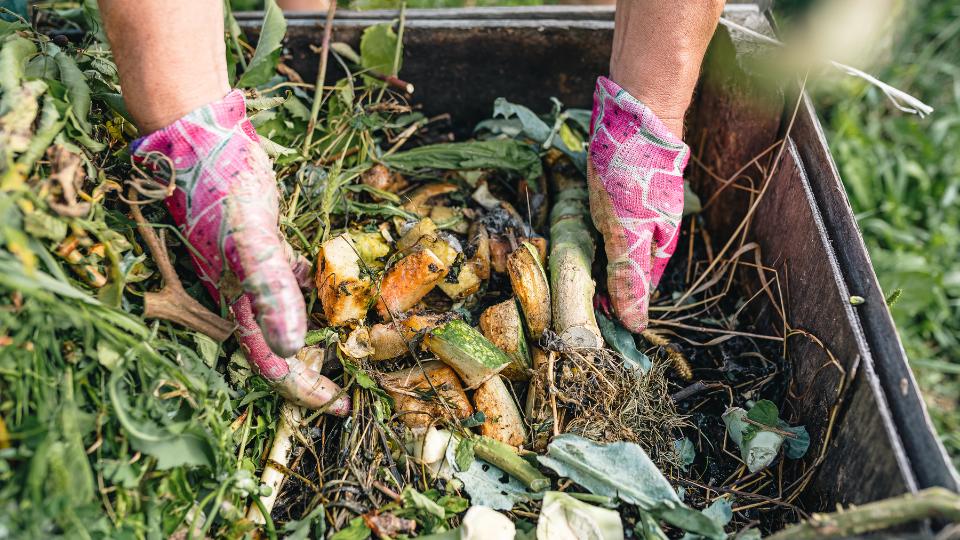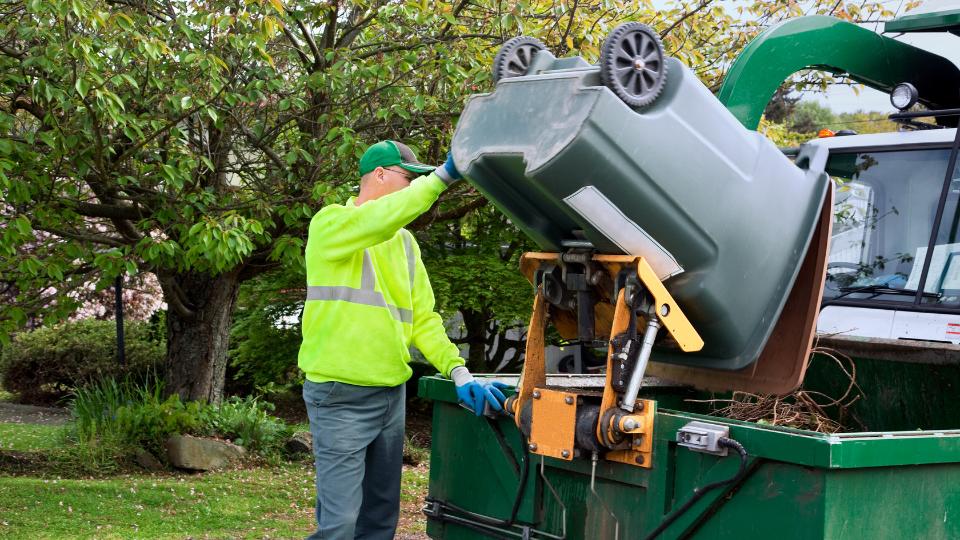
Commercial Waste Collection: How to do it right!
Hello, I’m Steve Traviss, Waste Managed’s Procurement & Sustainability Officer.
Whether you’re a seasoned business owner or just starting out, managing your commercial waste efficiently is crucial for both your operations and the environment.
I’ve written this informational blog to guide you through the essentials of commercial waste collection, offering insights on the types of waste, regulations, best practices, and sustainable solutions.
I hope you find it useful!
Table of Contents
- What is Commercial Waste?
- Why Proper Commercial Waste Management Matters
- Setting Up Your Commercial Waste Collection System
- Sustainable Commercial Waste Management Practices
- Commercial Waste Compliance and Legislation
- Partnering with a Waste Management Company
- Conclusion
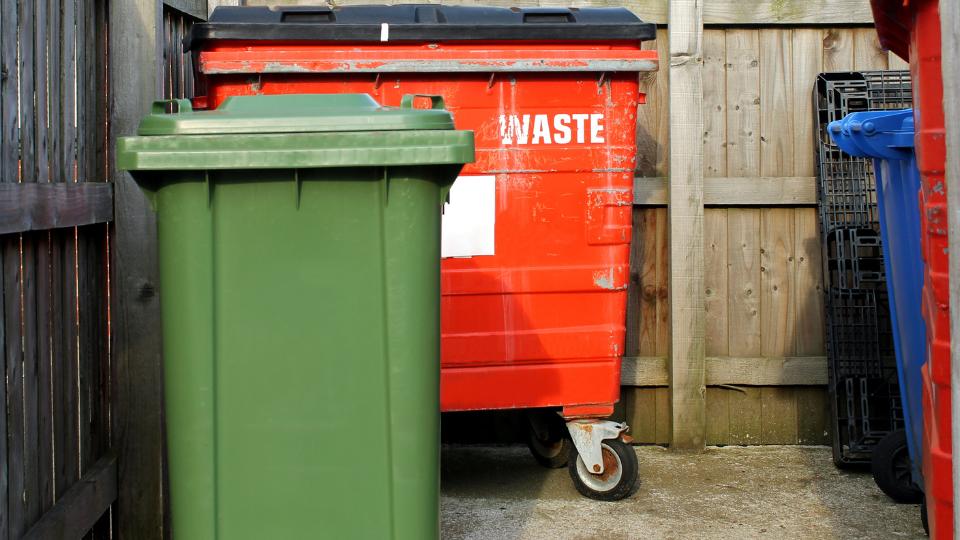
What is Commercial Waste?
Commercial waste refers to any waste produced by businesses, including offices, shops, restaurants, and factories.
Unlike household waste, commercial waste often requires specialised handling due to its volume and variety.
It includes:
- General Waste: Non-recyclable materials such as certain plastics and polythene.
- Recyclable Waste: Paper, cardboard, glass, metals, and certain plastics.
- Food Waste: Food scraps and leftovers
- Hazardous Waste: Chemicals, batteries, and electronic waste (WEEE).
and more!
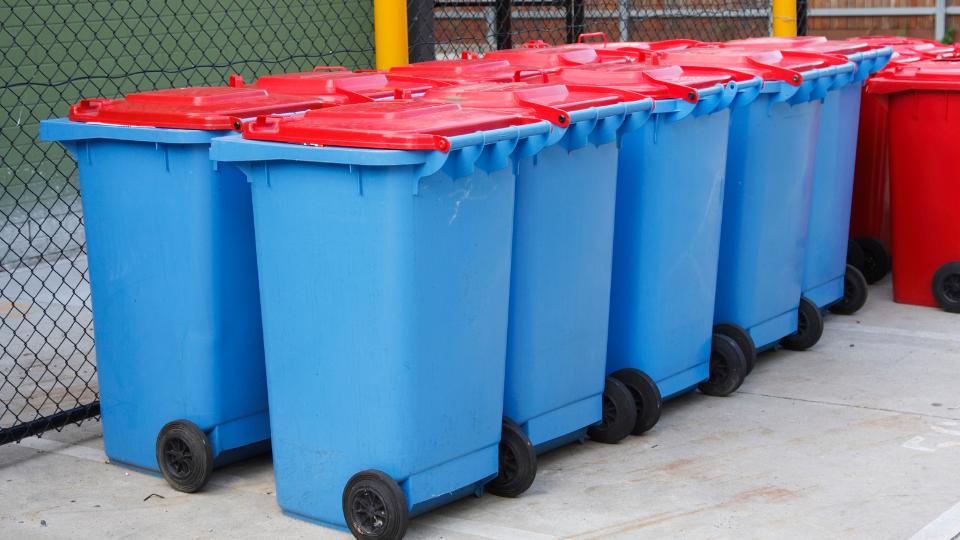
Why Proper Commercial Waste Management Matters
I am of the opinion that effective waste management is not just about compliance and keeping costs low, but also about sustainability.
Businesses in the UK generate millions of tonnes of waste annually.
In 2021, commercial and industrial activities produced approximately 37.9 million tonnes of waste, highlighting the need for robust waste management systems.
Environmental Impact
Improper waste disposal can lead to pollution, harming wildlife and ecosystems.
To put it simply, if your business adopts sustainable waste practices, businesseses can reduce their carbon footprint.
For instance, recycling just one tonne of paper can save up to 17 trees and 7,000 gallons of water!
Economic Benefits
Efficient waste management can also lead to cost savings, which is a priority for all businesses particularly new and/or small businesses!
By reducing, reusing, and recycling waste, businesses can lower disposal costs and even generate revenue from recyclable materials.
We’ve had lots of clients over the years who have saved a fortune by adding a dry mixed recycling bin to their portfolio as they don’t have to spend money on excess weight fees.
UK businesses could save up to £23 million pounds per year by reducing their waste according to Environment Secretary Caroline Spelman.
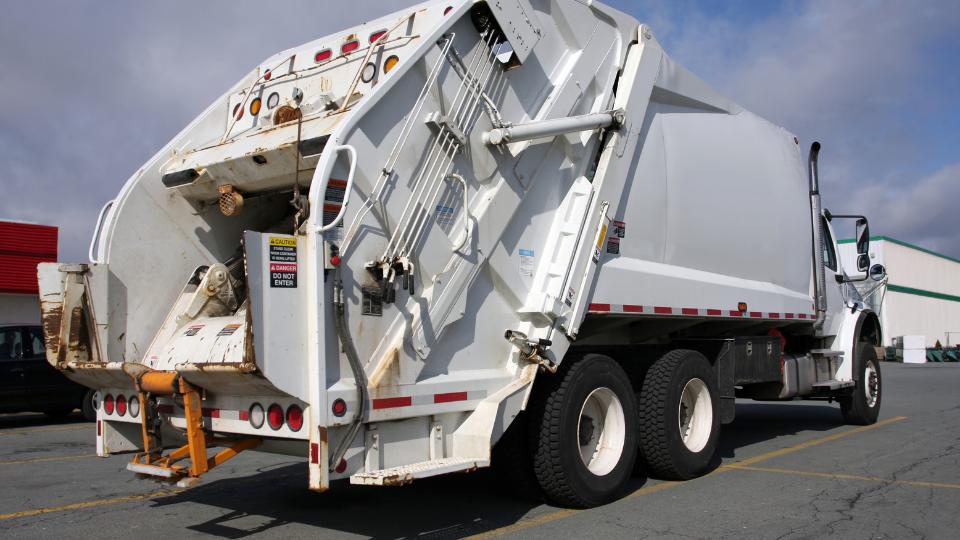
Setting Up Your Commercial Waste Collection System
1. Assess Your Waste
The best place to start is by conducting a waste audit to understand the types and volumes of waste your business generates.
How can you even start thinking about what size bin you’ll need for each waste type if you don’t know what waste you’re producing?
If you’re a new business and haven’t produced any waste yet, don’t panic.
We have lots of guides on our website that can help you, you can find them in “Sectors” at the bar at the top of this page.
Alternatively, always feel free to give us a call. We won’t charge you a thing and are happy to give you advice on what similar customers of ours are currently doing!
2. Choose the Right Service Provider
You can go directly to a waste collection company like Biffa or Veolia, but you won’t always get the best deal and often not the best customer service.
It’s not their fault, they’ve just got a lot of customers to manage, and sometimes a small or new business just isn’t high up enough on the food chain for them.
Alternatively you could use a Waste Broker like us that can shop around for the best deals for you and can offer the right services tailored to your business needs.
The benefit of using us is that we offer fantastic customer service (just check out our Trustpilot!), but also we’re a huge client to the national waste collection companies, we can offer low-cost rates for our customers that just aren’t available anywhere else.
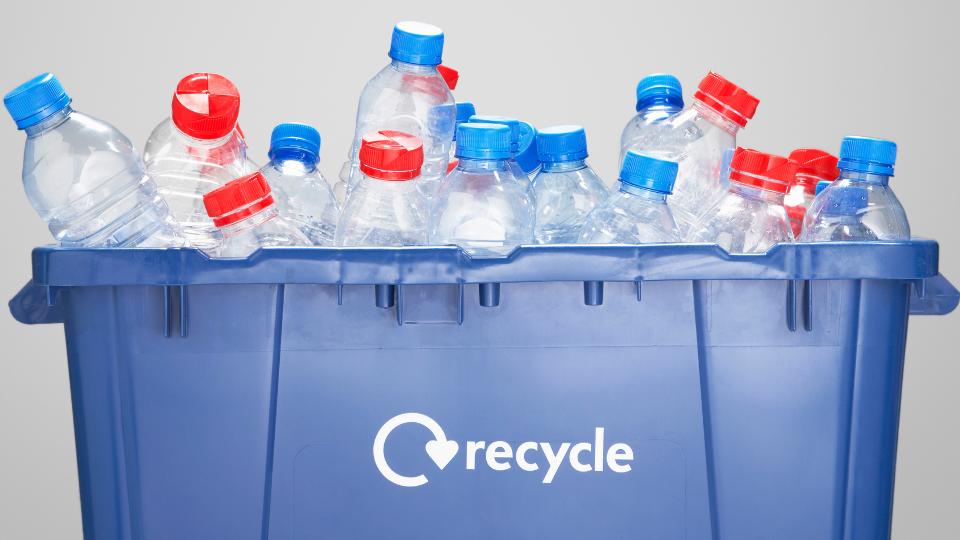
Let’s suppose you go directly to the waste collection companies.
In that case, you’ll likely have to go to different individual ones for each service, as not every waste collection company offers the right services in your area.
Use us, and we’ll do all the hard work, get you a much better deal, and also set you up with one monthly payment so you can keep your balance sheet nice and simple.
Your business starts growing? Our flexible solutions are designed to scale with your business, ensuring sustainability.
3. Choose Your Bin Types and Sizes
Don’t worry, we’re here to help you with this if you need it.
The next step is to select the right bins for your waste types.
Common options include:
Now you’ll need to choose the right size for your bin!
We offer sizes including 240L, 360L, 660L and 1100L.
Not sure what bin size you need? Don’t worry!
You can read our bin size guide here, use our free online calculator, or feel free to give us a ring and we’ll happily help you.
4. Collection Schedules
Now what you’ll need to figure out is how often you’ll need your waste collected.
At Waste Managed, we can either arrange weekly or fortnightly (every 2 weeks) collection.
If you go with more frequent collections, it can help prevent overflow and ensure your business premises remains clean and of course compliant with health regulations.
It can also help you avoid excess weight fees – something to be mindful of when budgeting!
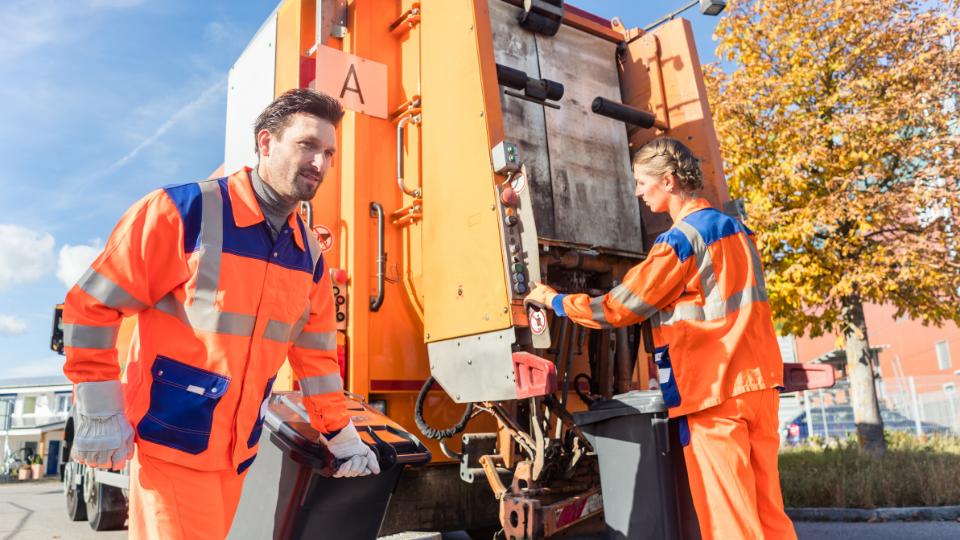
Sustainable Commercial Waste Management Practices
Reduce, Reuse, Recycle
Implementing the 3Rs is crucial for minimising waste.
Encourage your staff to reduce waste generation, reuse materials where possible, and separate recyclables from general waste.
Food Waste Management
Food waste is a significant component of commercial waste, especially in the hospitality sector.
You can read our guide on composting here, or you can ask our team about how we choose providers that fit our strict environmental policy.
Hazardous Waste Disposal
The proper handling of hazardous waste is absolutely critical in protecting the environment and keeping your business compliant.
Ensure you comply with regulations by using certified disposal services.
If you’re a bit unsure on how hazardous waste disposal works, you can read our hazardous guide or definitely feel free to give us a quick call on how we can help!
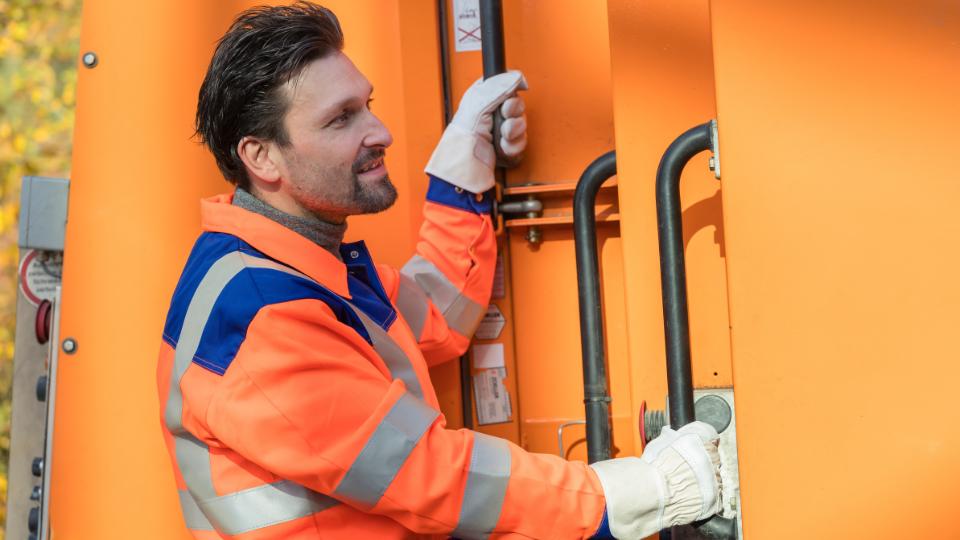
Commercial Waste Compliance and Legislation
Adhering to waste management regulations in the UK is absolutely mandatory, and helps ensure that businesses make the best choices to positively influence the environment and general society around them.
In the UK, businesses must comply with the Waste (England and Wales) Regulations 2011, which mandate the segregation and recycling of waste.
You can read one of my recent blogs about DEFRA here.
Failure to comply with regulations can result in hefty fines. If you partner with us though, we’ll take care of making sure you have all the correct processes in place so you’re not caught out!
Duty of Care
Businesses have a legal duty of care to manage waste responsibly.
This includes keeping waste to a minimum, storing it safely, and ensuring it is collected by a licensed waste carrier.
Find out more about Duty of Care in another one of my blogs here!
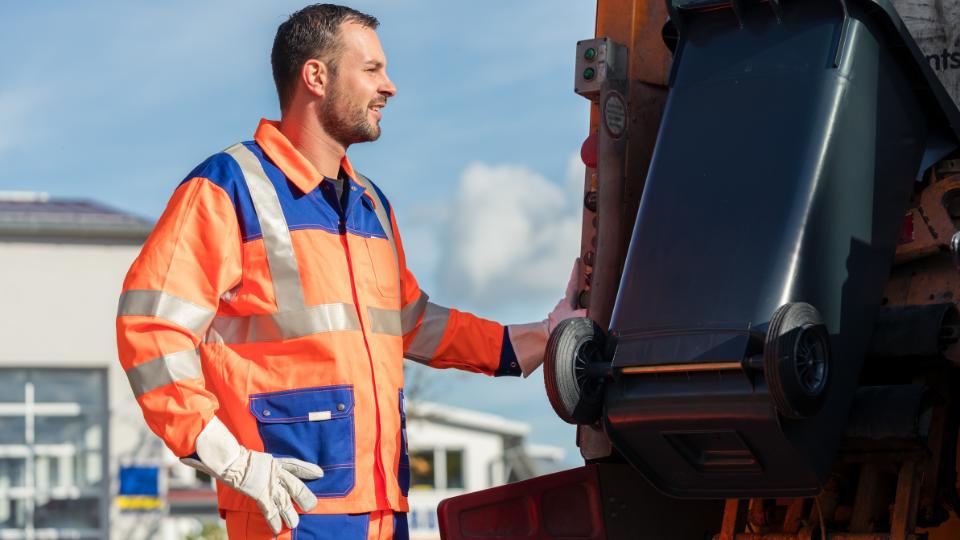
Partnering with a Waste Management Company
A reliable waste management partner can simplify compliance and enhance sustainability.
We offer fantastic, environmentally-friendly services that cover the entire waste supply chain.
Our solutions help businesses prevent, reduce, recycle, and recover waste efficiently.
Benefits of Partnering with Experts
- Comprehensive Services: From general waste to hazardous materials.
- Sustainability Focus: Innovative recycling and recovery processes.
- Nationwide Coverage: Services available across the UK, ensuring local support.
- Cost-effective Solutions: Tailored services to fit your budget and needs.
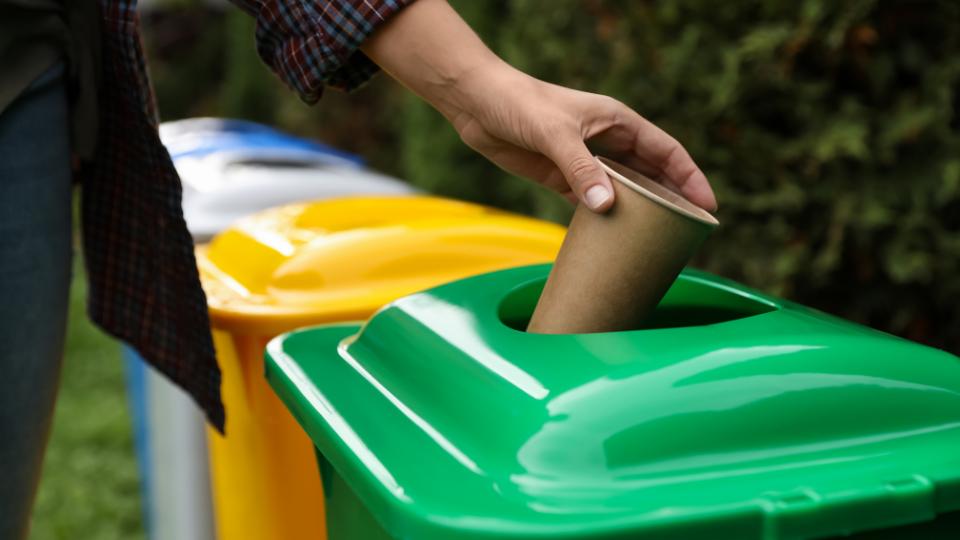
Conclusion
Managing commercial waste effectively is essential for business efficiency, regulatory compliance, and environmental sustainability.
By understanding your waste types, choosing the right services, and adopting sustainable practices, you can turn waste management from a burden into a great opportunity to help the environment.
Partnering with a trusted provider like us can streamline the process, helping you achieve your sustainability goals.
For more information and tailored waste management solutions, feel free to give our fantastic sales team a call!
About the Author

Steve Traviss
Procurement & Sustainability Officer
Steve Traviss is MCIPS Chartered and is extremely passionate about the environment and corporate responsibility when it comes to sustainable waste disposal practices. Steve truly embodies everything we stand for at Waste Managed and in 2022, Steve took part in a world record scuba beach clean up in Thailand which we’re incredibly proud of him for. Steve researches and writes a lot of our blog content on our website and draws off of a wealth of experience in the waste management industry and knowledge of UK environmental legislation.


